Carbon Emission Newsletter -November ,2023
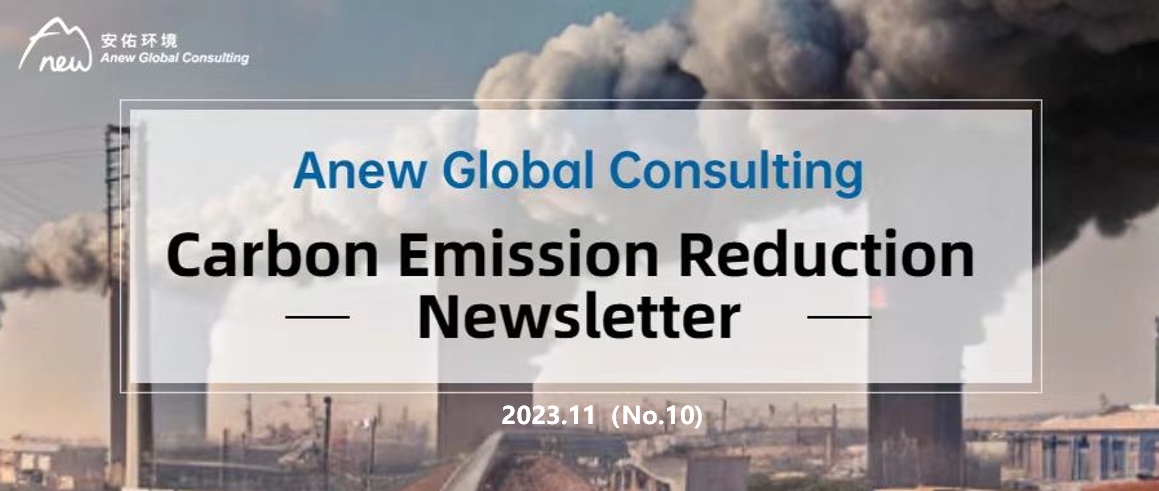
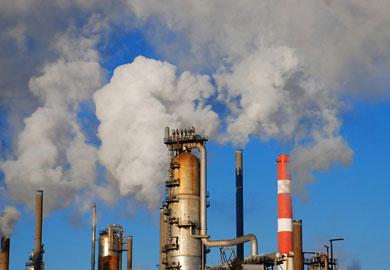
MEE and SAMR jointly released “Measures for the Administration of Voluntary Greenhouse Gas Emission Reduction Trading (trial)”
The Measures jointly issued by the Ministry of Ecology and Environment and the State Administration for Market Regulation aim to regulate nationwide greenhouse gas emissions reduction and trading activities. The CCER mechanism is an important supplement to the China‘s Carbon Emission Allowance (CEA) Market. Entities can develop emission reduction projects, and once the emissions reduction effect is quantitatively verified and registered, it can be traded. MEE subsequently released 4 CCER methodologies, including afforestation, gridconnected solar thermal power generation, grid-connected offshore wind power generation, and mangrove vegetation creation.

SAMR released “Implementation opinions on utilizing quality certification service capacities to facilitate carbon peaking and carbon neutrality”
The opinion released by the State Administration for Market Regulation aims to establish a national-wide institutional framework for carbon-related certification by 2025. The main tasks include establishing certifications for product carbon labels and carbon management systems and services, as well as enhancing certifications for green products, energy management systems, and environmental management systems.
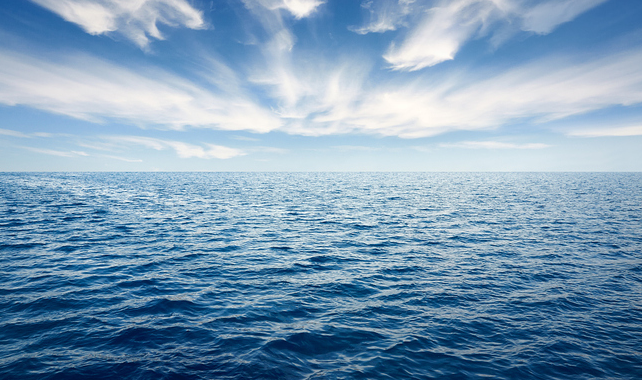
The newly revised Marine Environmental Protection Law of the People's Republic of China has been released and will come into effect on January 1, 2024
This law consists of nine chapters, including general principles, marine environmental supervision and management, marine ecological protection, prevention and control of pollution caused by land-based pollutants, construction projects, waste dumping, ships, and related operations, legal responsibilities, and by-laws.
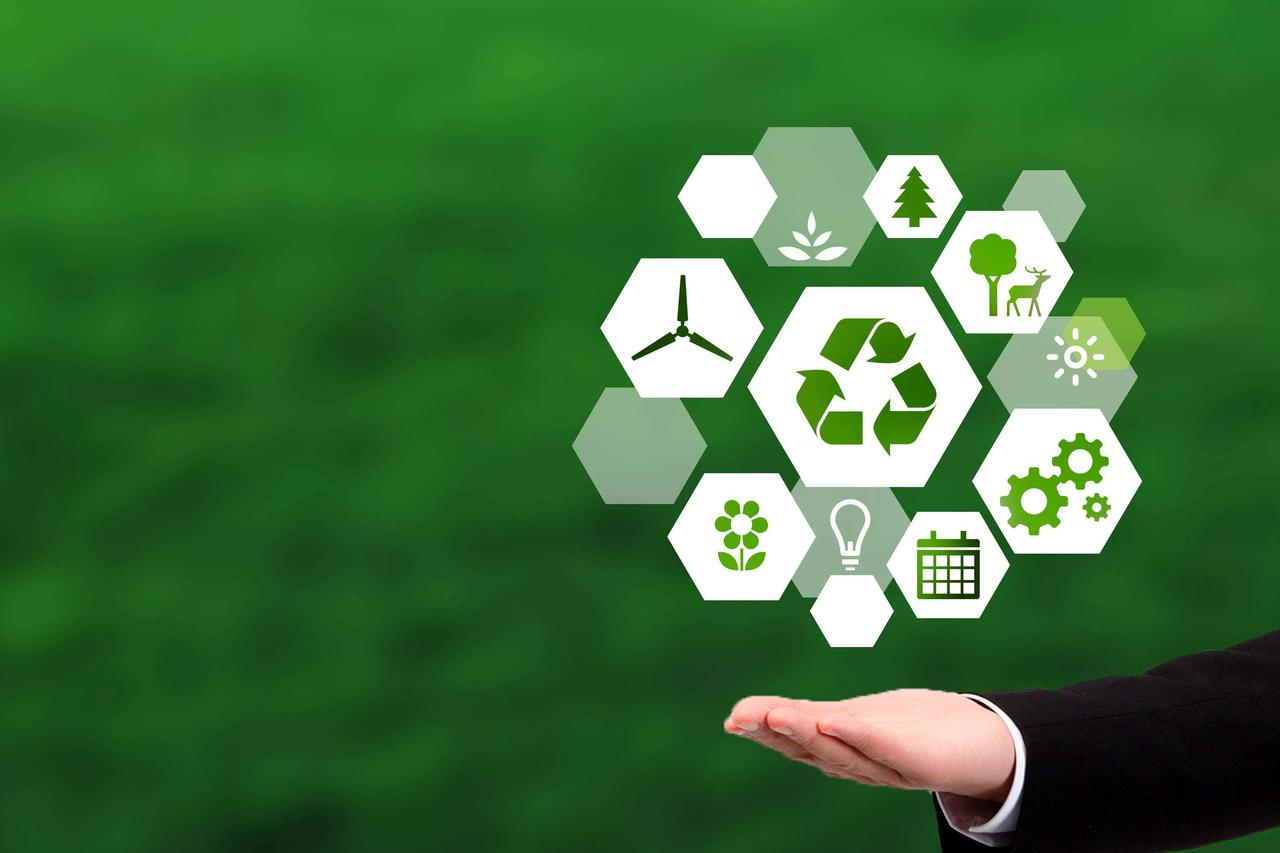
Shanghai Municipal Bureau of Ecology and Environment released the “Administration Measures of Shanghai Municipality for Carbon Inclusion (trial)”
Carbon Inclusion refers to quantifying and assigning value to the carbon reduction actions of agencies, businesses, social organizations, and individuals based on established carbon inclusion methodologies. By leveraging business incentives, policy support, and market transactions, the Measures encourage low-carbon production and lifestyles in Shanghai. The Measures, valid from November 1, 2023, consist of general principles, methodology management, carbon emission reduction projects and scenarios, emission reduction issuance, carbon credit consumption, and corresponding supervision and incentives.This method shall be implemented from November 1, 2023, with a valid period of 2 years.

“Shandong Province’s Ecological Corridor Protection and Construction Plan along the Yellow River (2023-2030)” issued
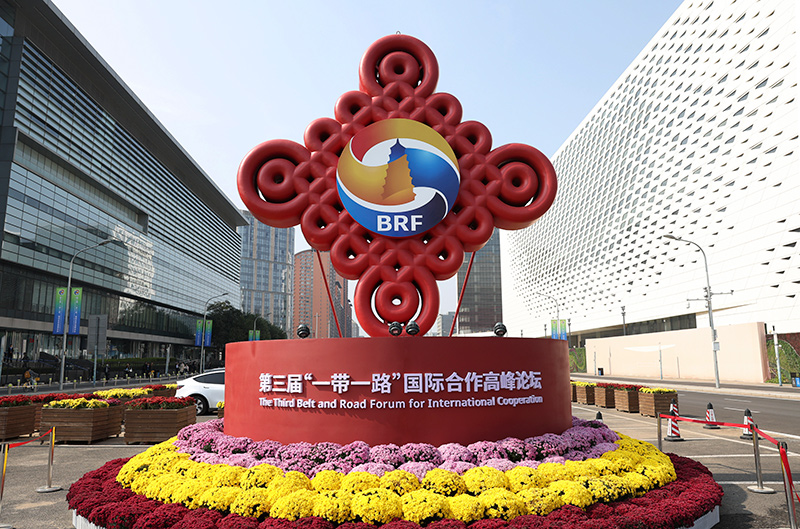
Organized by MEE and NDCR, the high-level forum on green development was held at the Belt and Road Forum for International Cooperation in Beijing
At the High-level Forum on Green Development, held on the sidelines of the 3rd Belt and Road Forum for International Cooperation (BRF), China unveiled three notable plans - the Beijing Initiative for Belt and Road Green Development, the Green Investment and Finance Project and the Action Plan for Green Technology Development in Central Asia. More than 400 people from over 40 countries attended the Green Development Forum and shared the results of the construction of the "Green Silk Road" over the past decade.
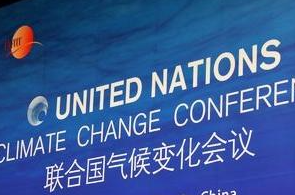
BASIC Ministerial joint statement on Climate Change
Ministers of the BASIC Group (Brazil, South Africa, India, and China) met on 20 September in the margins of the Climate Ambition Summit in New York, united by their shared vision that the fight against climate change must be firmly based on the goals, principles and provisions of the UNFCCC, its Kyoto Protocol and its Paris Agreement, in the context of sustainable development and the transformation of global governance. Their commitment includes fostering trust among nations, strengthening global governance, and contributing to an international environment conducive to sustainable development and inclusive, equitable global decision-making processes.
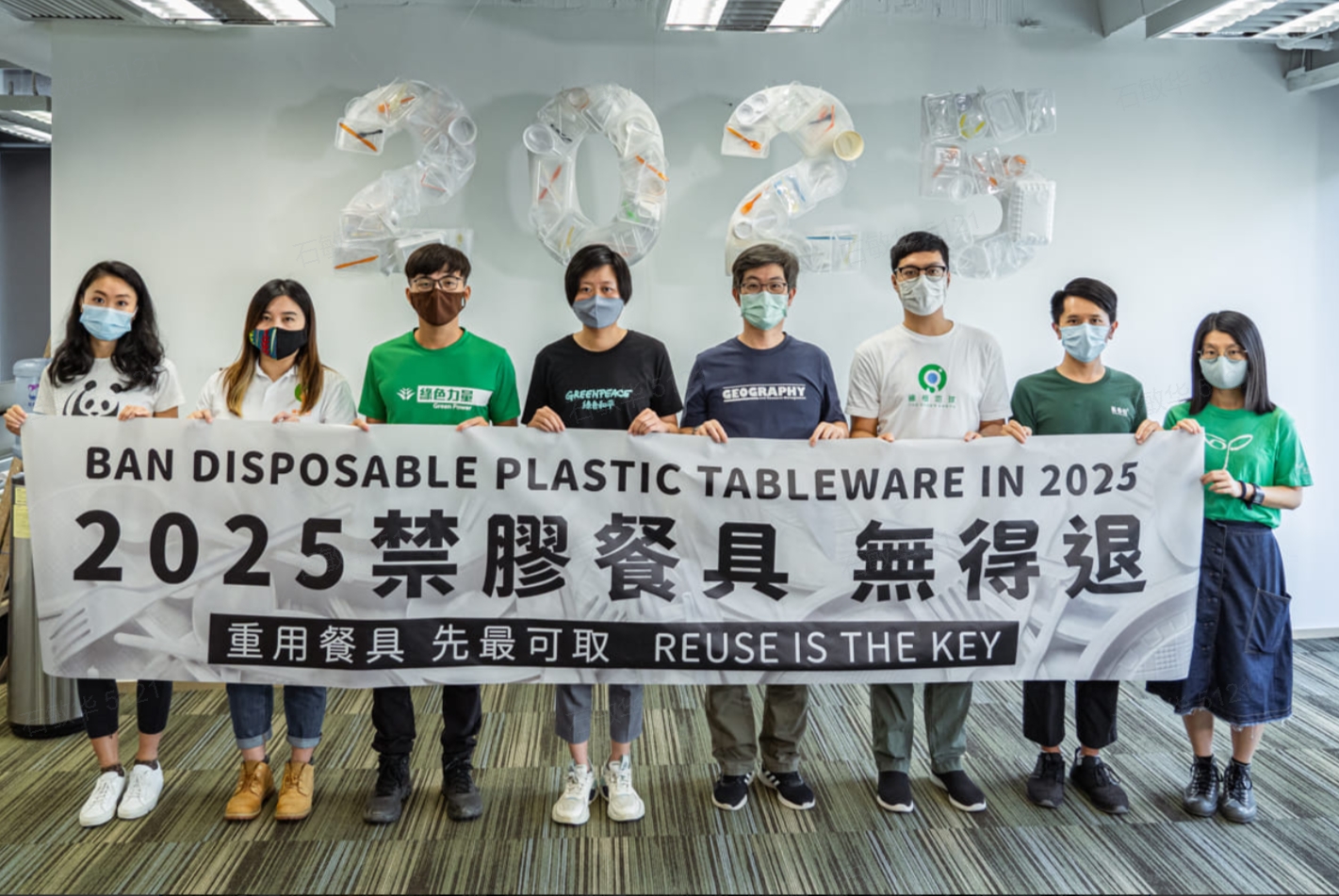
Hong Kong plans to implement the “Plastic restriction” in April 2024
The Legislative Council of the Hong Kong Special Administrative Region of PRC adopted the “Product Eco-responsibility (Amendment) Bill 2023” to regulate single-use plastic tableware and other plastic products. The first-phase regulation is scheduled to begin in April 2024. The timing of implementing the second-phase regulation will depend on the availability and affordability of the relevant non-plastic or reusable alternatives, and it is provisionally set at 2025. This bill is expected to reduce annual single-use plastic tableware waste by 55,000 tons, reducing pressure on landfills.
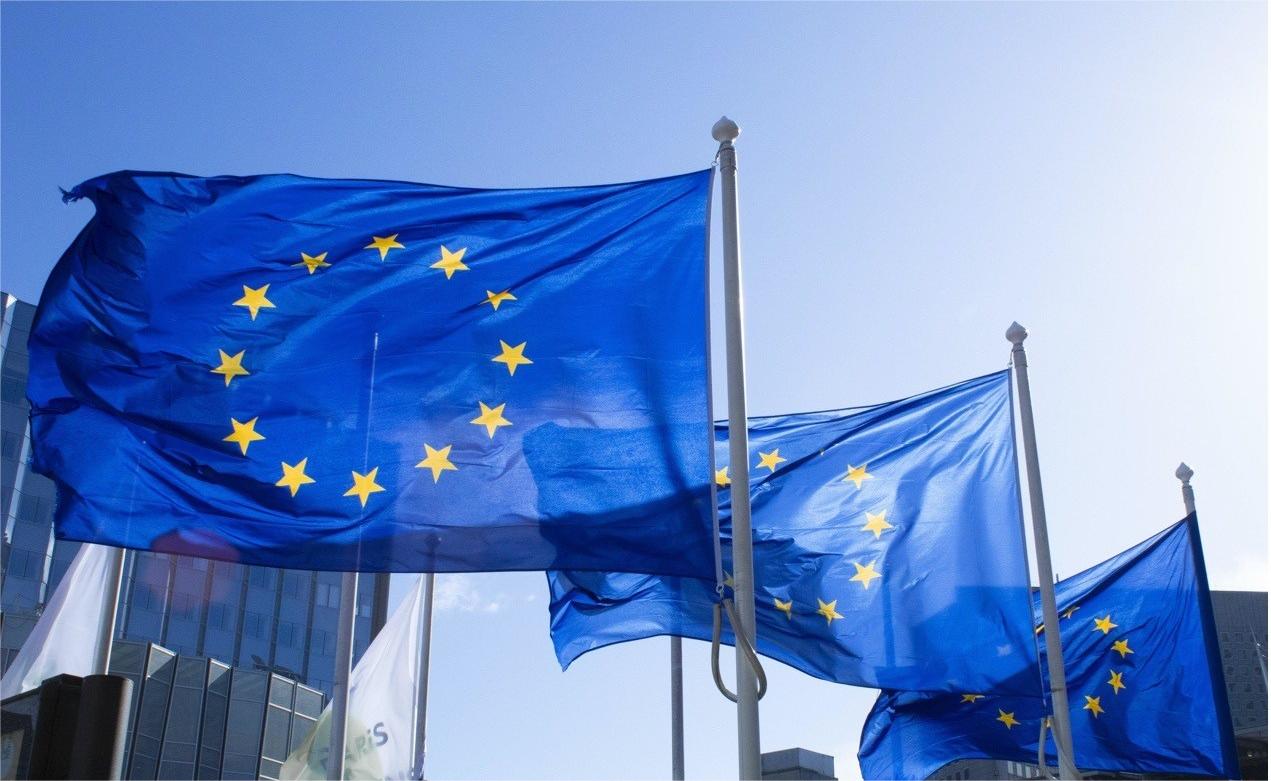
European Council adopts the new Renewables Energy Directive
On 9 October, the Council on adopted the new Renewables Energy Directive to raise the share of renewable energy in the EU’s overall energy consumption to 42.5% by 2030 with an additional 2.5% indicative top up to allow the target of 45% to be achieved. Each member state will contribute to this common target.
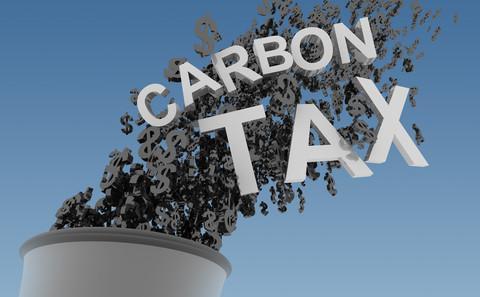
Carbon Border Adjustment Mechanism (CBAM) starts to apply in its transitional phase
The CBAM entered into force in its transitional phase on October 1, 2023. In the transitional phase, CBAM will only apply to imports of cement, iron and steel, aluminium, fertilisers, electricity and hydrogen. EU importers of those goods will have to report on the volume of their imports and the greenhouse gas (GHG) emissions embedded during their production, but without paying any financial correction at this stage. The final period will start in 2026. From that date, importers will have to purchase and surrender the number of “CBAM certificates” corresponding to the GHGs embedded in imported CBAM goods.
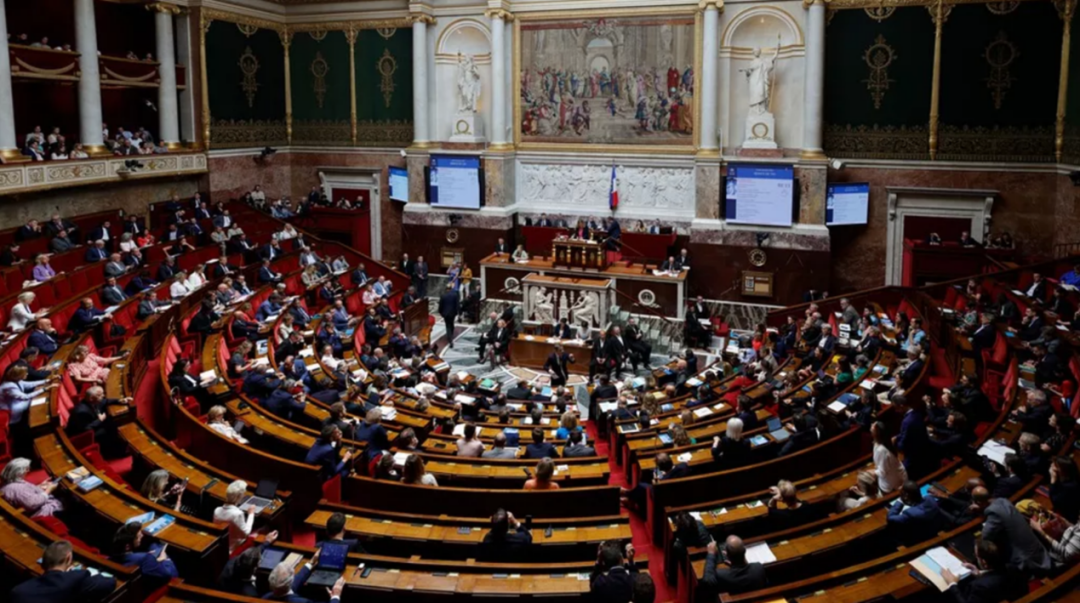
French Parliament has passed the "Green Industry” bill
The “Green Industry” bill was approved in both houses of the French Parliament on October.10 and October.11. The officially approved "Green Industry Act" is designed to expedite France's reindustrialization process, drive ecological transition, and address the challenges posed by the U.S. "Inflation Reduction Act of 2022" to the European industrial sector. According to the French government, the tax credit for investments in green industries could generate investments of 23 billion euros by 2030.
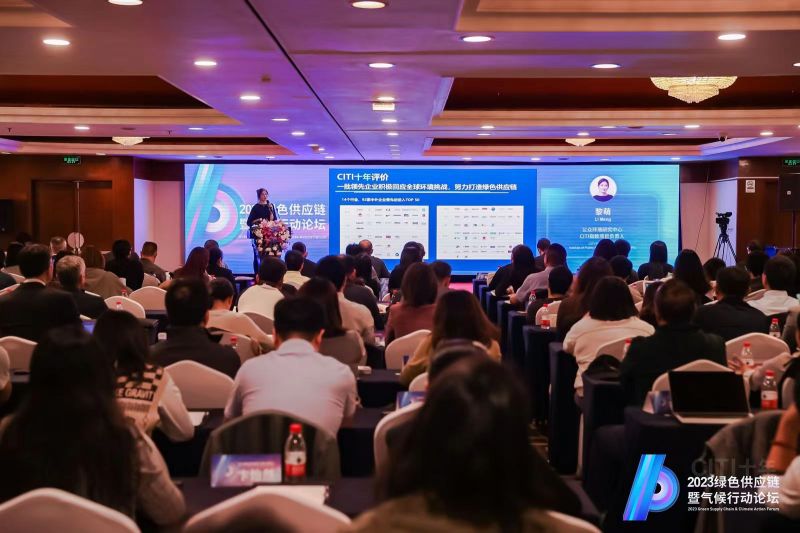
IPE released “2023 Green Supply CITI Evaluation Report” and “2023 Supply Chain Climate Action CATI Index”
The Institute for Public and Environmental Affairs (IPE) released the 10th annual Green Supply Chain CITI Evaluation Report and the 6th annual Corporate Climate Action CATI evaluation report during the Green Supply Chain & Climate Action Forum 2023 in Beijing. These reports highlight that the development of China’s green supply chain driven by the disclosure of environmental information, has made significant progress over the past decade, contributing to China's environmental governance and global climate action.
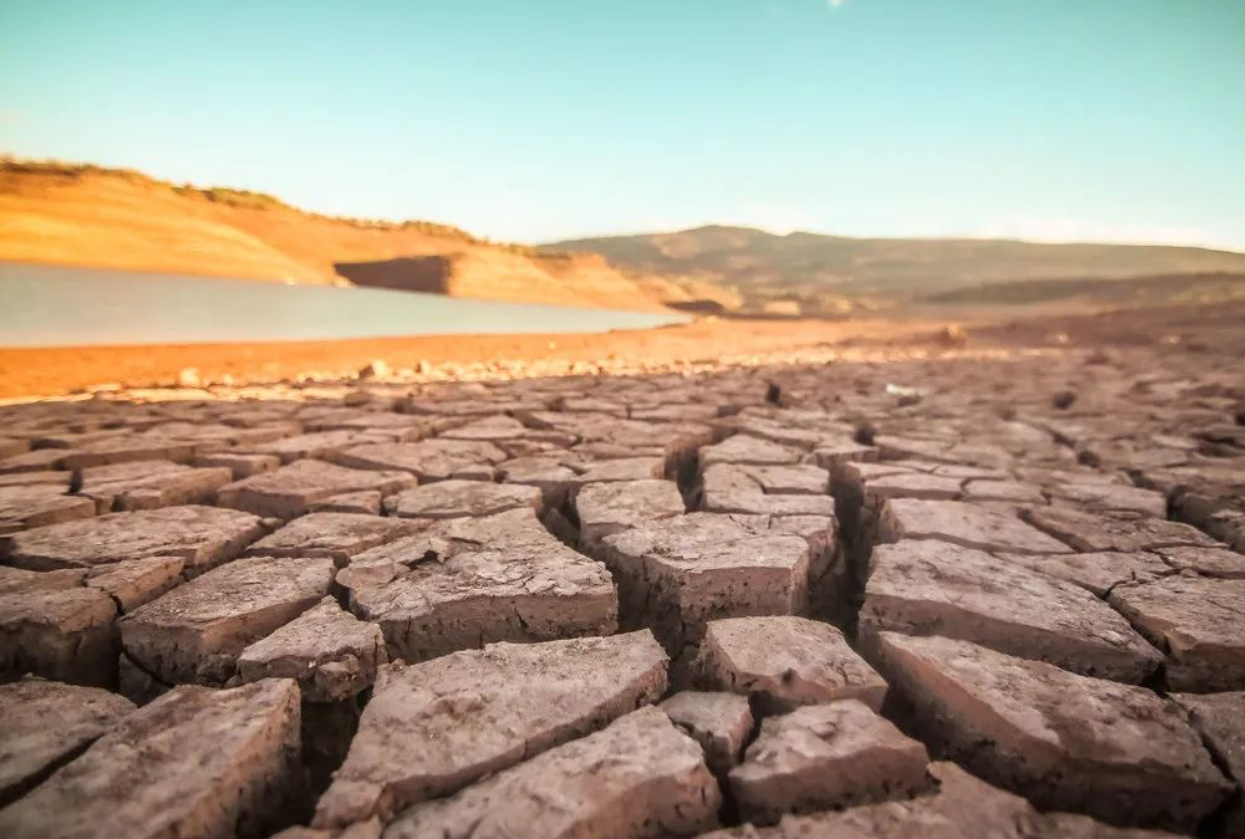
“State of Global Water Resources 2022” released
The hydrological cycle is becoming unbalanced due to climate change and human activities, according to the “State of Global Water Resources Report 2022” released by World Meteorological Organization (WMO). The report provides a comprehensive assessment of global water resources and calls for improvements in monitoring, datasharing, cross border collaboration, water resources assessments, and an accompanying increase in investments to facilitate this.
-END-
